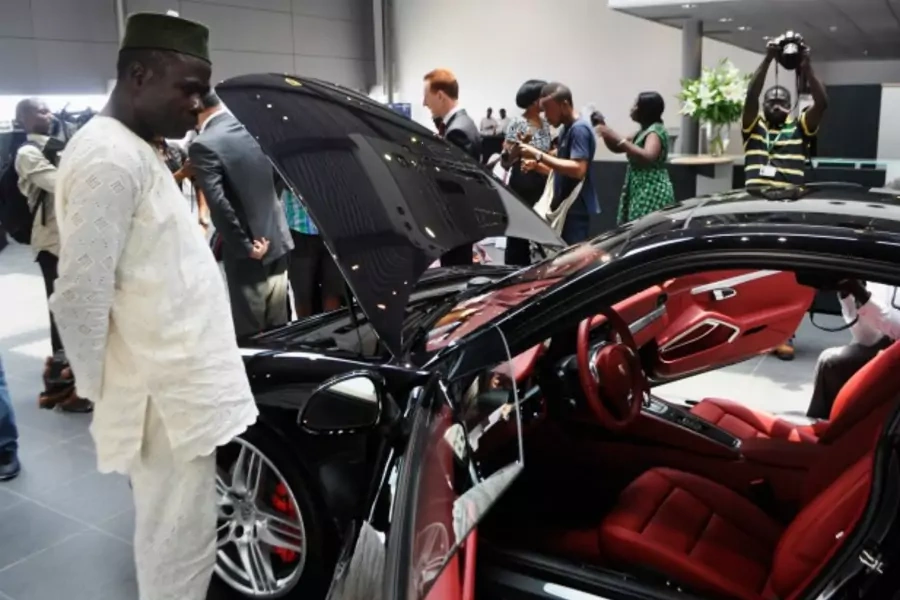More on:
Nigeria is famous for the delight in display taken by the governing class and the rich. Hence, native dress for women and men is made of rich fabrics and bedecked with jewelry, residences often have gold-plated taps, and, at one point, the Hummer appeared to be the vehicle of choice.
President Muhammadu Buhari, by contrast, values simplicity: plain dress, a private house appropriate to a retired military officer who never made money on the side, and a modest private vehicle. Most Nigerians are poor, and the current economic downturn is exacerbating poverty. There is little doubt that the president’s personal simplicity contributes to his continued popularity on the “street” and adds credibility to his anti-corruption campaign.
When Facebook founder Mark Zuckerberg recently visited Nigeria, President Buhari took the opportunity to challenge the lavish display of wealth. In public remarks when he received Zuckerberg, the president said, “In our culture, we are not used to seeing successful people appear like you. We are not used to seeing successful people jogging and sweating on the streets. We are more used to seeing successful people in air-conditioned places. We are happy you are well-off and simple enough to always share.”
Anthropologists will argue that Nigeria’s culture of display has deep roots. But, its over-the-top quality really dates only from the coming of the oil boom and the end of the Biafra war, both in 1970. It was the unimaginable wealth generated by oil, and the lack of institutions to channel it productively, that fed conspicuous consumption. Meanwhile, most Nigerians live simply because of their poverty.
More on:
 Online Store
Online Store
